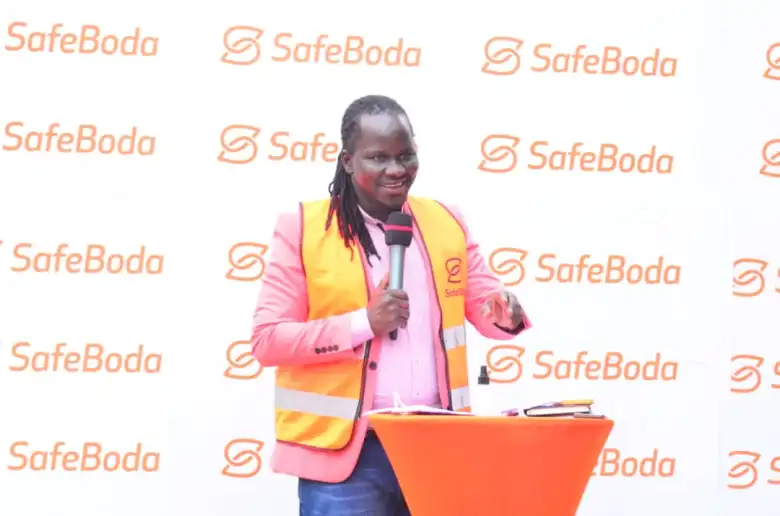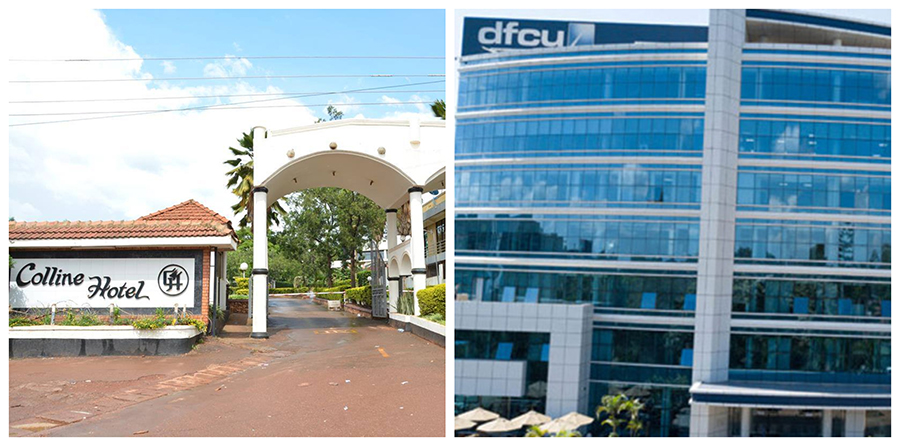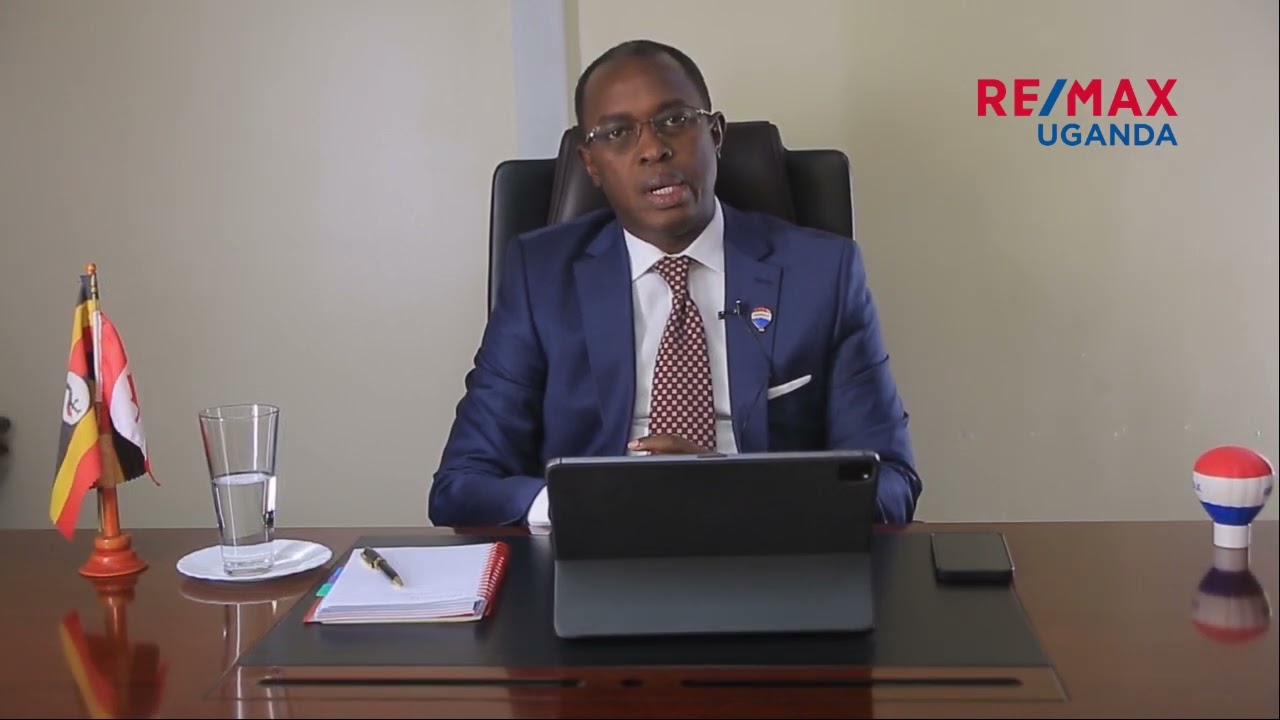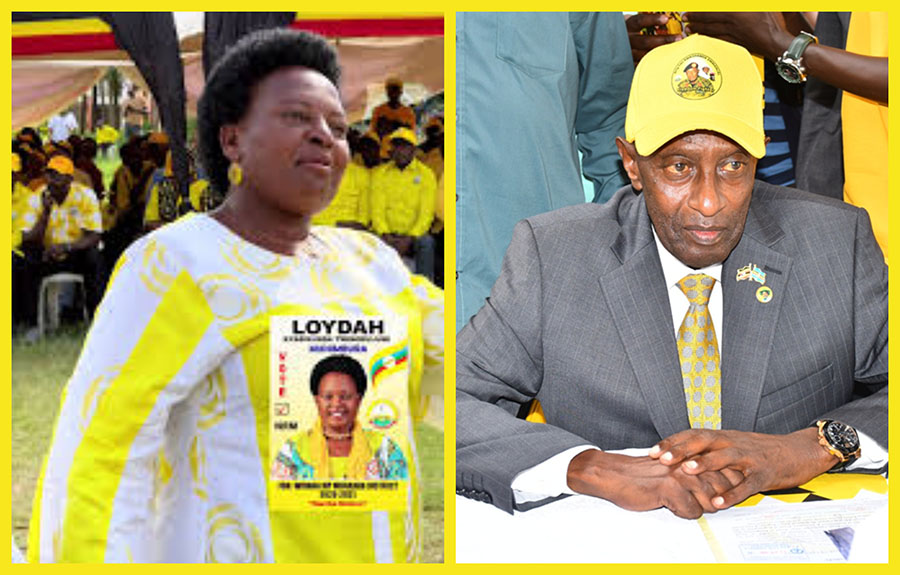When the dreadlocked Ricky Papa Thomson walked into Ecobank Uganda in March 2023 to take out a salary loan of Shs 180 million, he believed he was signing up for a lifeline to support his work as a director at Safeboda.
He also believed the loan came with an insurance cover that would protect him if anything went wrong with his income. Two years later, that belief become the centre of a legal battle after Thomson defaulted on the loan and Ecobank sued him.
The case landed before Justice Patience Rubagumya. The bank stated that he had ignored reminders and stopped paying altogether in April 2024, resulting in an outstanding balance of Shs 177 million.
But Thomson insisted he was not a defaulter at all. He told the court he had lost his salary after restructuring at Safeboda and had immediately informed the bank.
According to him, a bank officer even went to meet the company’s human resource staff to understand what had happened. He said this sudden loss of income should have triggered the insurance cover that the bank had charged him for when he took out the loan.
His affidavit painted a picture of a man who believed he had done everything required of him. On June 27, 2025, he said, the bank credited his account with Shs 179.5m, then immediately debited it over the following days before writing off the loan on July 1, 2025.
To Thomson, this meant the insurance company had already reimbursed the bank.
“Since I had lost my salary, it was an event for the bank to claim the salary loan against the insurance company,” he said, adding that if he owed anything, he owed it to the insurer, not Ecobank.
Ecobank told a very different story. Through its acting legal head, Dickson Bakkabulindi, the bank said Thomson was simply trying to dodge a debt he had openly failed to clear. The bank insisted that “there was no insurance policy” covering the loan and that the loan agreement itself did not provide for insurance protection against loss of income.
The bank argued that Thomson’s employment, not his monthly pay, was the basis of the loan and that losing a salary amounted to default. It added that he was still a director and shareholder at Safeboda and therefore could not claim loss of employment.
Regarding the credit and debit entries on Thomson’s account in June 2025, the bank said the movement of money was nothing unusual. It called it a routine regulatory process for writing off non-performing loans, emphasising that it did not “absolve the Applicant’s obligation to repay”.
Thomson’s lawyers pushed back, pointing to the loan agreement he signed and a bank statement showing a Shs 1.8m debit labelled “INSURANCE THOMSON RICKY”. They argued that Ecobank had charged him an insurance fee and represented that the loan would be insured but later failed to take out the policy.
This, they said, was a breach of contract that must be examined in full trial. The issue, they argued, was not whether Thomson borrowed money but whether Ecobank kept its promise.
Ecobank’s lawyers at MNA Advocates maintained that the insurance clause had not been activated and that no such policy existed. But the judge, looking at the loan documents and statements, said the dispute was not as straightforward as the bank suggested.
Justice Rubagumya noted that although loan write-offs do not automatically release borrowers from their debts, the question of insurance could not be brushed aside. She pointed to the Shs 1.8m deducted from Thomson’s account as an insurance fee, calling it one of several “triable issues” requiring deeper investigation.
“In my view, all the above raise triable issues of law and fact to wit; whether the applicant’s loan was insured, if so whether the respondent [Ecobank] breached the loan agreement by not taking out an insurance policy for the same since it charged insurance fees,” Justice Rubagumya said.
Those unanswered questions, she said, meant the case could not be concluded under the fast-track summary procedure that Ecobank had wanted.
The judge therefore granted Thomson unconditional permission to defend himself in the main suit and ordered him to file his defence within 15 days. Ecobank will then have 15 more days to respond.
The costs will be determined after the case is fully heard, the judge said.







